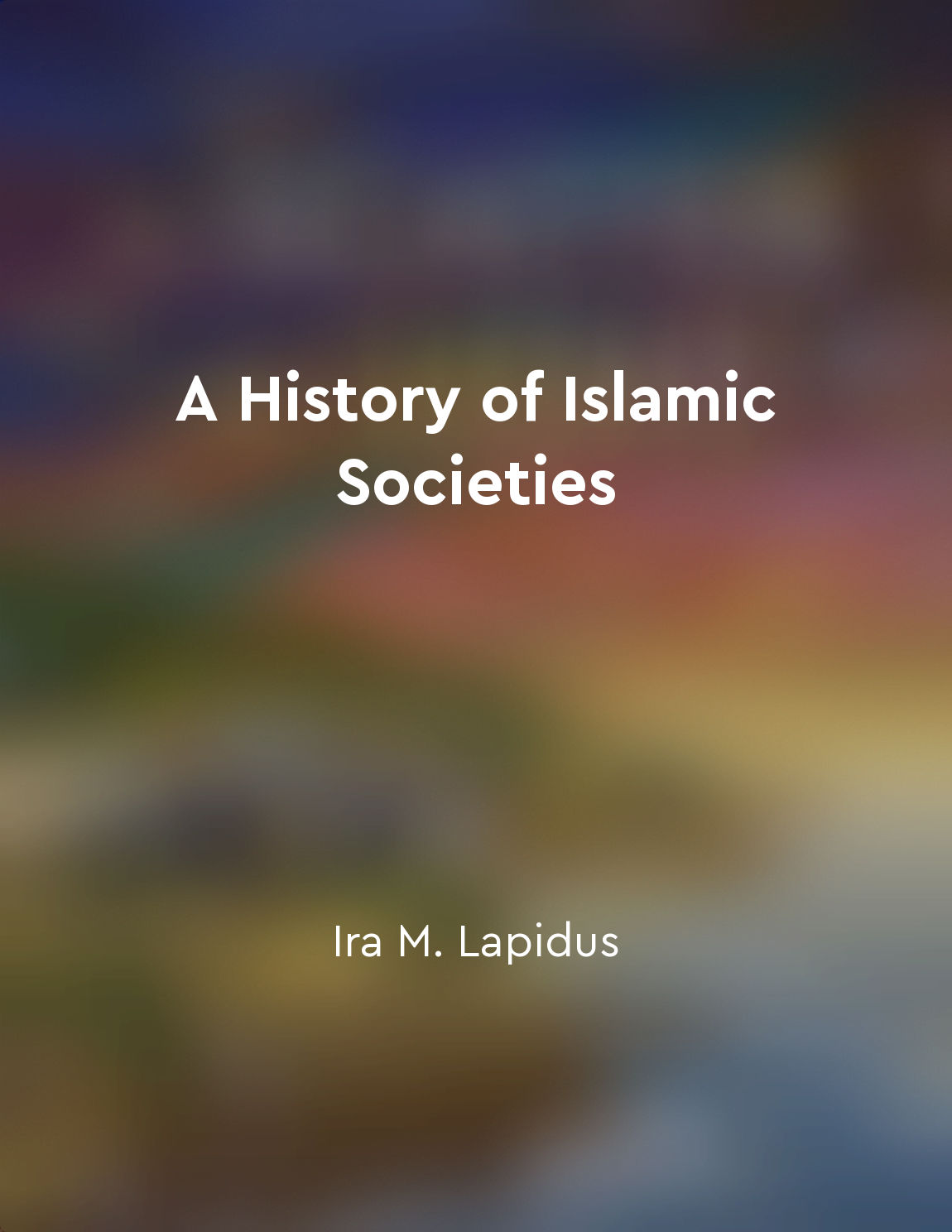Audio available in app
The Ottoman Empire ruled over Jerusalem for centuries from "summary" of A History of Israel and the Holy Land by Michael Avi-Yonah
For centuries, Jerusalem was under the rule of the Ottoman Empire. This period of Ottoman rule had a significant impact on the city and its inhabitants. The Ottomans brought with them their own unique culture, traditions, and administrative systems, which left a lasting mark on Jerusalem. One of the key features of Ottoman rule in Jerusalem was the establishment of a system of governance that was based on Islamic principles. The Ottomans appointed local officials to govern the city and maintain law and order. These officials were often drawn from the local population, which helped to create a sense of continuity and stability in Jerusalem. Under Ottoman rule, Jerusalem also saw a period of significant economic growth and development. The Ottomans invested in infrastructure projects, such as the construction of roads, bridges, and public buildings, which helped to modernize the city and improve the quality of life for its residents. In addition to these administrative and economic changes, the Ottomans also made significant contributions to the cultural and religious life of Jerusalem. They built mosques, madrasas, and other religious institutions, which served as centers of learning and spirituality for the city's Muslim population. Despite these positive developments, Ottoman rule in Jerusalem was not without its challenges. The city faced periods of instability and conflict, as rival factions vied for power and influence. However, the Ottomans were generally able to maintain control over Jerusalem and ensure a degree of peace and order in the city.- The period of Ottoman rule in Jerusalem was characterized by a complex interplay of political, economic, and cultural forces. The legacy of the Ottomans can still be seen in the architecture, institutions, and traditions of the city today, making their rule a significant chapter in the history of Jerusalem.
Similar Posts
South Asia's music and dance traditions are celebrated for their vibrancy and diversity
One of the most notable aspects of South Asia's cultural heritage is its rich and diverse music and dance traditions. These tra...

Islamic societies were characterized by tolerance towards religious minorities
Islamic societies throughout history have been known for their tolerance towards religious minorities. This is evident in the w...

Architectural wonders
Throughout the pages of 'Constantinople', the reader is transported to a world of architectural wonders that have stood the tes...
The history of Israel and the Holy Land continues to unfold
The story of Israel and the Holy Land is one that stretches back through the mists of time, a tale of conquest, exile, and rede...
The Babylonian exile marked a turning point in Jewish history
The Babylonian exile, which lasted from 586 to 538 BCE, was a significant event in Jewish history. It marked a turning point fo...

